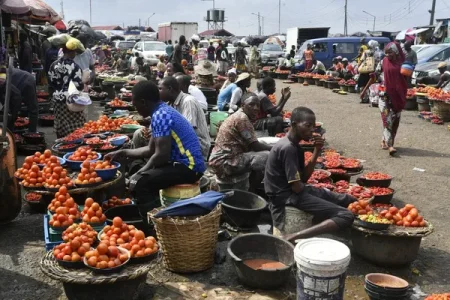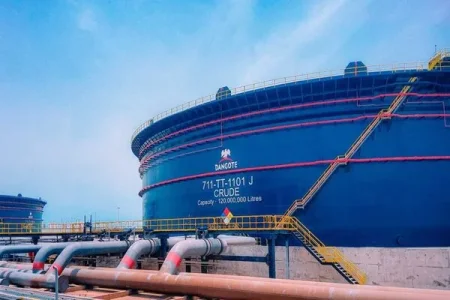
Since President Bola Tinubu's inauguration in May 2023, Nigerians have faced significant price hikes in essential goods and services, including fuel, electricity, and transportation. These increases, attributed to economic reforms, have heightened the cost of living and sparked widespread protests and discussions about their impact on daily life.
Since President Bola Tinubu took office in May 2023, Nigeria has experienced considerable price hikes in essential goods and services, leading to a marked increase in the cost of living for many citizens. The government claims these increases are part of necessary economic reforms aimed at enhancing sustainability, but they have sparked widespread concern and debate among the population.
A prominent change was the removal of fuel subsidies, which led to a dramatic spike in petrol prices. The cost per litre surged from approximately ₦185 to over ₦500, with reports indicating prices as high as ₦700 in some regions. This escalation has created a ripple effect, significantly raising transportation costs and contributing to widespread inflation. Public transport fares in major cities like Lagos and Abuja have doubled or tripled, making daily commutes increasingly burdensome for many residents.
Electricity tariffs have also risen sharply. The Nigerian Electricity Regulatory Commission approved a 240% increase in tariffs for Band A customers, raising rates from ₦68 to ₦225 per kilowatt-hour. While the government claims this move will save ₦1.5 trillion by removing subsidies, it has added financial pressure on households.
Moreover, the Federal Government announced an increase in passport fees effective September 2024. The price of a 32-page passport has risen from ₦35,000 to ₦50,000, while a 64-page passport now costs ₦100,000, up from ₦70,000. Officials argue that these adjustments are necessary to uphold the quality and integrity of Nigerian passports.
The cost of cooking gas has also climbed, with the average price to refill a 5kg cylinder reaching ₦6,591.62 as of March 2024—an increase of nearly 43% year-on-year. This change impacts many households reliant on gas for cooking.
Food prices have not escaped the inflationary tide either. Staples like rice and beans have seen price hikes, exacerbated by increased transportation costs and ongoing insecurity, placing further strain on family budgets.
Additionally, tuition fees at several federal universities have skyrocketed. For example, the University of Lagos raised fees for medical students from ₦19,000 to ₦190,250, sparking protests among students concerned about the affordability of education.
As these economic pressures mount, protests have erupted across Nigeria, reflecting public frustration with government policies and the deteriorating living conditions. As citizens navigate these challenges, the ongoing impact of price increases continues to shape their daily lives, raising important questions about the future of the nation's economy.
Source: Punch Newspaper




